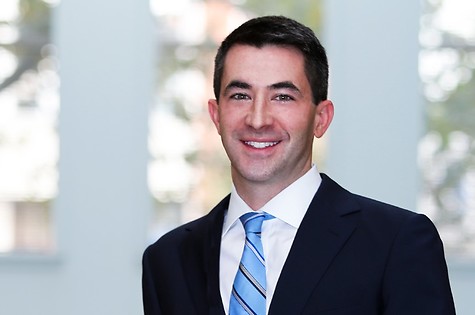Connecticut Probate Appeals
By: Philip C. Pires
If you disagree with a probate judge’s decision, you may have the right to appeal the decision to the Connecticut Superior Court under Connecticut General Statutes § 45a-186. For most types of probate court decisions, the appeal must be filed with the Connecticut Superior Court within 30 days of the date that the probate court mailed or electronically served the decree. For certain probate court decisions, including decisions involving conservatorships, the appeal must be filed with the Connecticut Superior Court within 45 days of the date that the probate court mailed or electronically served the decree.
Most probate appeals are de novo, meaning that the Connecticut Superior Court is not bound by the probate court’s decision in any way. Instead, the Connecticut Superior Court will hear the evidence and decide the matter without regard to the prior decision issued by the probate court. The parties are not bound to submit the same evidence that they previously submitted to the probate court. However, no evidence that came into existence after the date of the hearing may be considered by the Connecticut Superior Court in the appeal.
Appeals of certain types of decisions are considered record appeals, including decisions in conservatorship matters or in cases where the parties agreed to conduct the probate court hearing on the record. In record appeals, the Connecticut Superior Court will only review the evidence presented to the probate court. Unlike a de novo appeal, in a record appeal the Connecticut Superior Court has limited discretion to reverse or modify the probate court’s decision. The Connecticut Superior Court is required to affirm the probate court’s decision unless the decision is in violation of law, in excess of the statutory authority of the probate court, clearly erroneous in view of the substantial evidence in the record, or arbitrary, capricious, or an abuse of discretion.
Regardless of whether the appeal is de novo or on the record, there is no automatic stay of the probate court’s decision. The absence of a stay means that the parties can implement the probate court’s decree even though the decree may be on appeal. Often parties will file a motion to stay the effect of the decree while the appeal is pending. A motion to stay may be filed in either the probate court or the Connecticut Superior Court.
Only parties that are aggrieved by the probate court’s decision may take an appeal. Whether a party is aggrieved depends on whether the party has a direct interest in the subject matter of the appeal that has been adversely affected by the decree.
If you are dissatisfied with a decree that a Connecticut probate judge has rendered, you should consult with one of our experienced probate litigation attorneys to determine whether you should appeal the decision to protect your rights. Our probate litigation attorneys handle probate appeals throughout the State of Connecticut. Please contact us for a consultation.
Philip C. Pires is a member of the Probate Litigation, and Litigation & Dispute Resolution Groups at Cohen and Wolf, P.C. Phil regularly represents beneficiaries, fiduciaries, and creditors in a variety of contested probate proceedings.
Attorneys
- Principal

